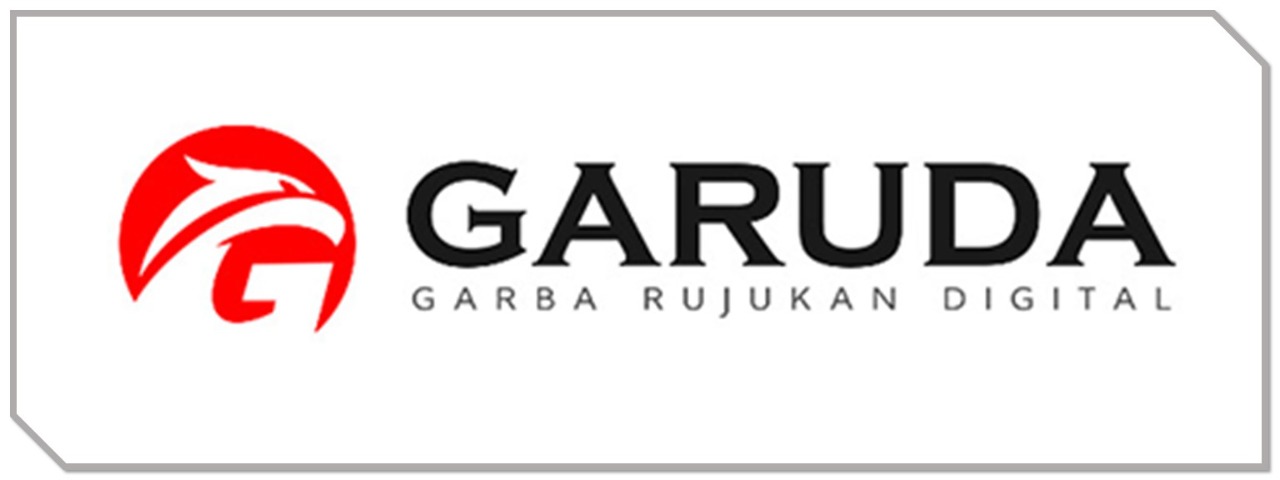Kajian Smart Contract Dalam Perspektif Hukum Positif Di Indonesia
DOI:
https://doi.org/10.59581/doktrin.v2i2.2517Keywords:
Smart Contract, Agreement, ContractAbstract
In the era of technology 4.0, Indonesia is pursuing progress through the adoption of smart contracts on the blockchain. The government responded to this by establishing technology regulations to address emerging challenges. Legal principles demonstrate their adaptability in the digital era by utilizing information technology to build a modern legal and administrative framework, in line with the vision of industrial development 4.0. This normative juridical legal research evaluates the application of legal norms in a concrete context, using statutory and conceptual approaches. Data collection was carried out through literature study using primary, secondary and tertiary legal materials. Data analysis uses qualitative descriptive methods. Smart contracts are increasingly widely used, especially in electronic transactions such as stock trading, crypto and hotel reservations. As a form of electronic agreement, smart contracts facilitate the automation of contract processes. However, its use must comply with the law and technology neutral principles in the ITE Law. Even though it is automatic, this technology is recognized as an Electronic Agent in accordance with Article 1 Number 8 of the ITE Law. The validity of these automated contracts is only questioned if it is proven that the automated system is problematic. Smart contracts in Indonesia are recognized in the context of contract law based on freedom of contract and the legal basis of the Civil Code. This recognition occurs because the Civil Code is open and complementary. However, the use of smart contracts must comply with statutory regulations, principles of decency and public order. Regulations governing smart contracts include the ITE Law, PP PTSE, and PP PMSE. These three regulations stipulate the procedures for using electronic contracts, providing a clear legal basis for the implementation of smart contracts.
References
Abbas, Mohamad Nur Muliatno. “Penyalahgunaan Keadaan Dalam Kontrak Baku Perjanjian Kredit Bank.” Gorontalo Law Review 3, no. 2 (2020): 188–204.
Azmi, M Ulul, Sunarmi Sunarmi, T Keizerina Devi Azwar, and Sutiarnoto Sutiarnoto. “Risiko Hukum Penggunaan Smart Contract Pada Ethereum Di Indonesia.” Locus Journal of Academic Literature Review (2023): 235–242.
DEX, Cara Kerja Decentralized Exchange. “Apa Itu Decentralized Exchange (DEX)?” Update (2023).
Firdaus, Dwi Hidayatul. “Aplikasi Smart Contract Dalam E-Commerce Perspektif Hukum Perjanjian Syariah.” Qolamuna: Research Journal and Islamic Studies 6, no. 1 (2020): 37–53.
Harahap, Eka Purnama, Qurotul Aini, and Reza Khaerul Anam. “Pemanfaatan Teknologi Blockchain Pada Platform Crowdfunding.” Technomedia Journal 4, no. 2 Februari (2020): 199–210.
Hariyana, Trinas Dewi. “Eksistensi Asas Iktikad Baik Dalam Perjanjian Jual Beli Melalui Internet Dengan Sistem Pembayaran Cash on Delivery.” Uniska Law Review 2, no. 2 (2021): 95–118.
Jazuli, Ahmad. “Urgensi Pembentukan Jabatan Fungsional Dokumentalis Hukum Dalam Rangka Mendukung Jaringan Dokumentasi Dan Informasi Hukum Nasional.” Jurnal Ilmiah Kebijakan Hukum 13, no. 2 (2019): 185.
Mansula, Gabriella. “Perlindungan Hukum Atas Penyelesaian Hukum Tidak Berfungsinya Proses Transaksi Melalui SMART Contract Pada Sistem Blockchain.” Al Qodiri: Jurnal Pendidikan, Sosial dan Keagamaan 21, no. 2 (2023): 787–802.
Permana, Yana Sukma. “PERJANJIAN JUAL-BELI MELALUI E-COMMERCE DI DITINJAU DARI HUKUM PERJANJIAN DI INDONESIA.” Jurnal Ilmiah Publika 11, no. 1 (2023): 274–286.
Prayoga, Muhammad Adi, Dwi Oktasari Darmo, and Ervina Devi Fahiraningtyas. “ANALISA FAKTOR-FAKTOR YANG MENYEBABKAN MINAT CRIPTOCURRENCY DIBANDINGKAN PASAR MODAL.” Prosiding Caption 1 (2023): 181–190.
Rakhmansyah, Mohamad, Untung Rahardja, Nuke Puji Lestari Santoso, Alfiah Khoirunisa, and Adam Faturahman. “Smart Digital Signature Berbasis Blockchain Pada Pendidikan Tinggi Menggunakan Metode SWOT.” ADI Bisnis Digital Interdisiplin Jurnal 2, no. 1 Juni (2021): 39–47.
Wibowo, Basuki Rekso. “PERJANJIAN BATAL DEMI HUKUM KARENA MELANGGAR ‘UNDANG-UNDANG BAHASA.’” Juris and Society: Jurnal Ilmiah Sosial dan Humaniora 3, no. 1 (2023): 1–18.

















